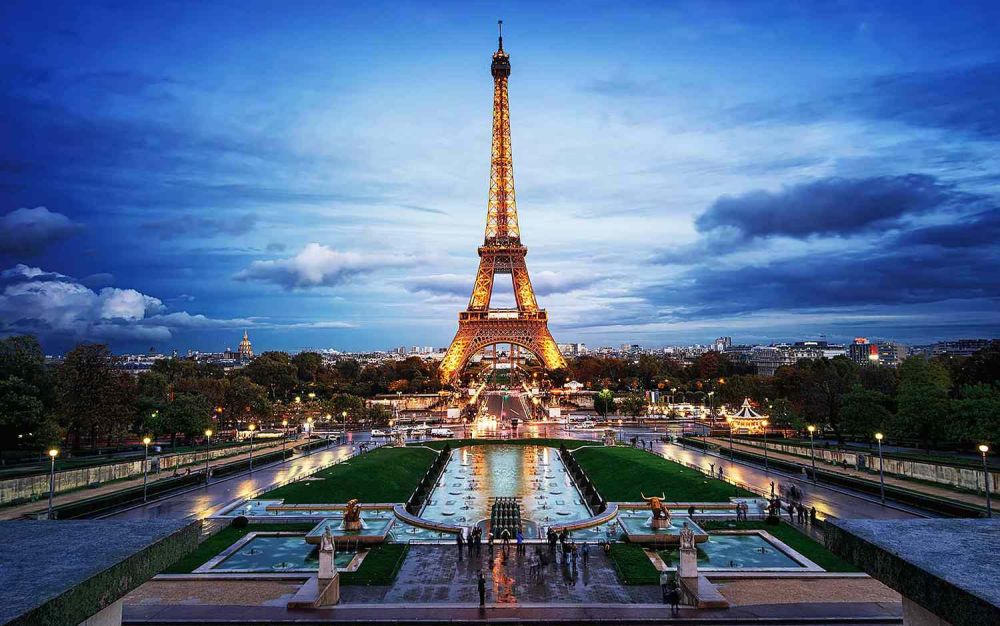

Paris, the capital city of France, is one of the most iconic travel destinations in the world. Known for its culture, art, fashion, gastronomy, and history, Paris attracts millions of tourists each year. The city's tourism history is as splendid and varied as the attractions it offers.
The history of tourism in Paris can be traced back to the 18th century, with the advent of the Grand Tour – a traditional trip around Europe undertaken by mainly upper-class European young men to complete their education. During this period, Paris became an essential stop due to its cultural significance and landmarks, such as the Notre-Dame Cathedral and the royal palace of Versailles.
The transformation of Paris into a modern tourist destination began in the late 19th and early 20th centuries. The 1889 Universal Exposition, which celebrated the centennial of the French Revolution, saw the construction of the Eiffel Tower – a structure initially intended to be temporary but soon became the symbol of Paris and a major tourist attraction.
The city continued to enhance its appeal with the improvement of transportation systems, including better railways and the establishment of the Paris Metro. Hotels and boulevards were constructed to accommodate and impress visitors, and Paris solidified its reputation as a center of culture and leisure.
Following the World Wars, Paris sought to reclaim its position as a global tourist hub. With increased global wealth and the advent of commercial air travel, Paris saw a significant rise in international visitors. Museums, art galleries, and historic sites such as the Louvre and the Arc de Triomphe have been consistently drawing crowds. The introduction of cultural events, fashion weeks, and the restoration of historical districts has maintained Paris's appeal as a global destination.
Today, Paris is a melting pot of the traditional and modern, which is a significant draw for tourists. The city has continuously evolved, accommodating new trends in tourism such as experiential travel and sustainable tourism. In response to traveler's growing environmental concerns, there has been an emphasis on eco-friendly initiatives like greener accommodations and improved public transportation.
In the digital age, social media has tremendously impacted Paris tourism. Iconic sites like the Eiffel Tower, the Sacré-Cœur Basilica, and picturesque Montmartre neighborhoods are among the most Instagrammed locations in the world. The city has also leveraged technology by offering virtual tours and augmented reality experiences at various attractions to enhance visitor engagement.
Looking ahead, Paris is preparing for future global events that will bring an influx of visitors. The 2024 Summer Olympics is set to be a significant event, and the city is investing in infrastructure and developments that will not only support the games but also benefit future tourism.
The resilience of Parisian tourism is apparent as the city adapts to global changes while retaining its historic charm and allure. Always at the forefront of arts and culture, Paris will continue to draw travelers from around the world for generations to come.